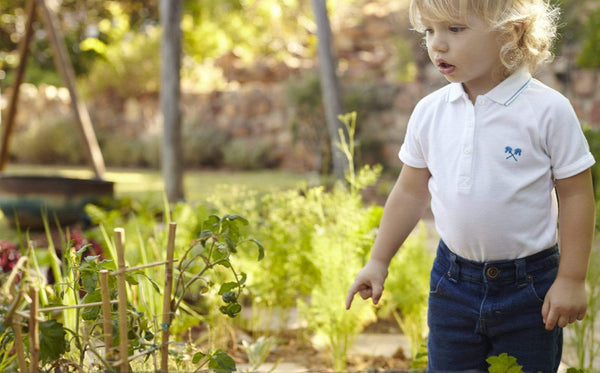Turn sibling rivalry into sibling chivalry

How to stop your children fighting all the time
Reading time about 3.5 minutes
All siblings fight.
It is a fact of family life – when you have lots of personalities jostling for attention, living in close proximity, it is sure to end in squabbles and arguments at some point, but as counselling psychologist, Sarah van Olst and mum of three (aged 7, 6 and 3) points out, “Sibling rivalry is not just arguing over who took the yellow crayon. Sibling rivalry involves specific feelings of anger, jealousy and frustration directed towards parents first and then a brother or sister who, by being born into, and loved by, the same family, has taken some of the attention away.”
While it may not be possible to avoid it completely, there are ways of managing sibling rivalry positively. “The most important factor is parental attitude,” says Sarah. “A parent’s impartiality and non-favouritism is vital. Of course, parents are always going to feel differently about children who have different needs, personalities and goals, but try to be as consistent and fair as you can”. Claire Cork, mom to twin girls and their older sister, agrees, “I have to be scrupulously even-handed even to the point of contrivance – if I can’t find two lovely tops then I buy nothing.”
“It is also important to try make the time to do things separately with each child so they have some one-on-one interaction with you,” explains Sarah, “as well as focusing on each child’s strengths and not making comparisons between children: this just leads to competition.” For Claire, when one child is feeling jilted or jealous she tell them all the things that make them unique and special to her, “when they hear these very specific things, they feel reassured that I appreciate and value them for their difference.” “Sometimes just hearing how special THEY are to you, helps them gain confidence and security to perhaps let go a little and be kinder to in turn to their sibling,” agrees Julia Naughton (mother of four boys aged 10 to 3).
Anna Smith (mum to three children aged 9 to 4) says: “I find role modelling works a charm. I go on and on at them for the way that they talk to each other and sometimes catch myself mid-rant and realise where they get it from! When I am kind with my words, and encouragement they generally follow suit. Generally….”. “Yes, encouraging communication and modelling healthy conflict resolution in the family unit is key too,” agrees Sarah, “you can do this by helping your children learn how to verbalise their feelings”.
Finding ways for your children, of any age, to forge bonds between themselves really helps to minimise competition and rivalry, at any age. “Reading them a story together, with me in the middle helps distract from a fight,” says Cindy Douglas (mom of two), “as does getting dirty together, running in the rain then getting into a warm bath with bubbles, or making a large house out of cardboard boxes and then sleeping in them or playing in there with torches.” “We encourage our boys to play new games together,” says Julia, “then we join in and get ‘beaten’ by the pair of them, it gives them a sense of being unified against a different adversary. They think it is hilarious!”
And when the fights and bickering does inevitably break out, remember that sibling rivalry is not all bad, as Sarah explains, “it is a great opportunity to learn from each other and when dealt with in a communicative and healthy way, conflict can help us to make better friends, to talk through conflict, to express our feelings more easily and to know how to deal with other people. Life is about relationships and the quicker we learn how to have healthy relationships, the more successful we will be in our personal, romantic, working, cultural and social lives.”
As an aside….
Sarah van Olst shares the following great advice on how to set the foundation for a chivalrous sibling relationship from the get go.
- Prepare your older child or children – explain that a new little person is joining the household, even (especially!) if your first or second born is still young. Use books, draw a picture or tell a story about what your new, bigger family and explain that this new person is going to need a lot of attention. It also helps to tell your child what they were like as a baby, and to show them pictures (if you have any) of you feeding, bathing, holding them (even ones of them crying) when they were tiny.
- Involve them – try to get them involved in a fun ways, without them feeling like they are responsible for caring for the baby. Let them choose a second or nickname name, a toy for the baby’s room, pour baby wash into the bath or sing a lullaby.
- Keep it simple – try to keep your older child’s routine intact and explain who will be looking after them when baby comes (if mom is in hospital or away for a few days).
- Don’t panic – it is completely natural for your older child to feel displaced, hurt and unloved when a new sibling arrives, and regression (starting to suck a thumb again, wanting a bottle, or even bed-wetting) is common. If this happens, acknowledge that your child feels left out and that you still love him or her very much, and let it go.



















